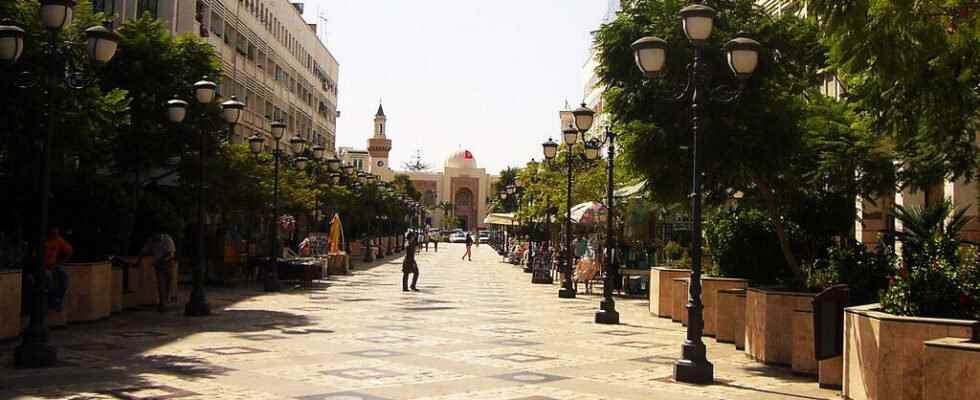In Tunisia, the General Union of Tunisian Workers, the main trade union center in the country, has been holding its congress in Sfax since Wednesday February 16 and until Friday, while the country is going through a worrying and persistent economic crisis.
With our correspondent in Tunis, Amira Souilem
It is a telescoping of the calendar which the UGTT would have done well without. While the most powerful union in the country is holding its congress, discussions with the International Monetary Fund are occupying the Tunisian government this same week.
Social demands on one side. Economic realities of the other. The Tunisian executive seems to be caught in a vice. He who wants to avoid at all costs a social explosion in this election year is however in a hurry to quickly put in place fundamental reforms if he wants to benefit from the 4 billion loan from the IMF.
The UGTT has already made it known that it will refuse any plan to remove subsidies on basic necessities or to freeze public service hiring. Far from giving its blessing to a future agreement with the IMF, the UGTT even intends to ask for an increase in salaries in the public sector.
Requests which seem to have little chance of succeeding in a country where one wonders every month if the State will succeed in paying the salaries. In January, significant delays in the payment of teachers’ salaries created great concern among the population.
